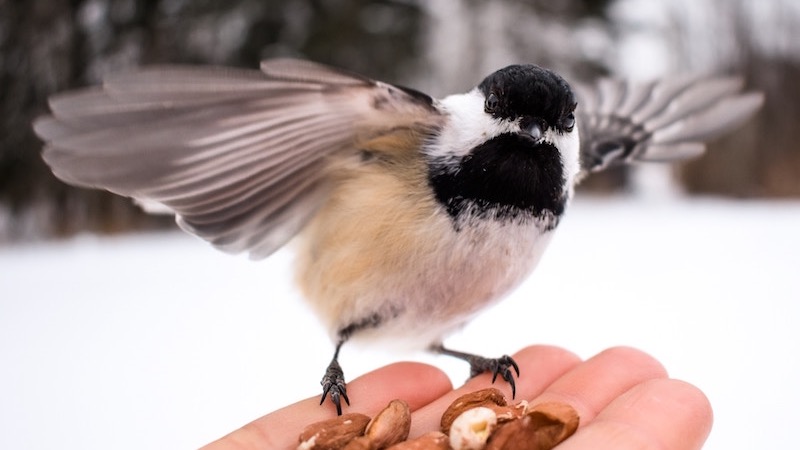Patriarchy destroys our capacity to trust
- 29 April 2019
- Posted by: Michael H Hallett
- Category: Patriarchy ,

In Saharasia, geographer James DeMeo demonstrates that patriarchy arose between 6000 and 2000 BC when desertification of the Sahara, Arabia and Central Asia created competition for food sources between previously peaceful hunter-gatherer and early agricultural communities.
Capacity to trust
The effect on the human psyche was catastrophic. In addition to the rise of masculine-dominant warrior societies that extolled strength and intelligence while denigrating the emotions and sexuality, another casualty was trust.
At the macrocosmic level, it was a loss of trust in nature through a lack of resources. At the microcosmic level, it was the child’s loss of trust in its mother through early weaning—also a lack of resources.
At the macrocosmic level, it was a loss of trust in nature through a lack of resources. At the microcosmic level, it was the child’s loss of trust in its mother through early weaning—also a lack of resources. This core separation at the heart of our being is called the mother wound.
With this double whammy, patriarchy destroyed our capacity to truly trust. It’s remained destroyed ever since. The evidence is there in the state of the environment.
Early weaning
In The Prehistory of Sex, archaeologist Timothy Taylor writes that, “In many hunter-gatherer societies, children continue to breast-feed to the age of five or six, and they derive great comfort from the unconditional love that breast-feeding represents, embodying the principles of trust, reliance, and sharing.”
Patriarchy has the opposite effect: “Early weaning practices are generally associated with the opposite psychological tendencies. Warrior societies, for example, often withhold colostrum from a newborn infant and give him or her water instead. The infant is understandably angry about the fact, except that it lacks the cognitive abilities to understand anger, so the event becomes an unconscious focus for aggression in later life.”
We’ve been attacking nature and womanhood ever since.
And we have been lacking trust.
We have insurance for everything. How often do we trust that all will be well? That, in the words of Gabrielle Bernstein, ‘the universe has our back’? How many people promise undying love and sexual fidelity when they marry, only to snoop on their partners’ emails and texts?
History of trust
What’s the history of trust in your family? Mine isn’t good. My grandmother had an affair in 1932, shattering my mother’s life. That was her trust gone. My father’s mother died early and his father walked out of his second marriage, abandoning my father. That was his trust gone.
Loss of trust is intimately linked to emotional abandonment and difficulties with emotional responsibility.
We now depend on supermarkets, rather than nature, for food. And we may not be subject to the early weaning practices of the first patriarchal societies. Yet the genetic stamp of these ancient traumas—as well as emotional trauma from more recent generations—comes down to us thanks to epigenetic inheritance and lives on as a deep, unconscious mistrust of life.
This mistrust is fed by the losses and setbacks of our own lives. We work to improve our lives in many ways. How many of us consciously work on our trust?
Trust is a sparrow that feeds from the hand in winter. It’s time we nourished that sparrow.
Photo by James Hammond on Unsplash
